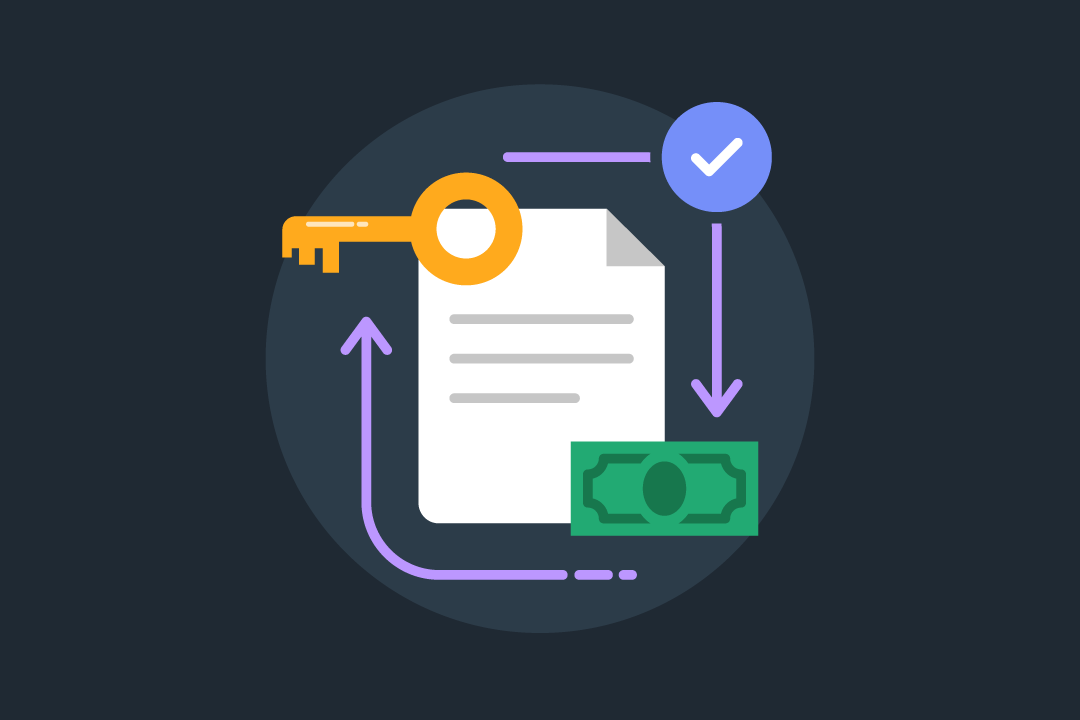3 Times When You Absolutely Must Issue a Patient Refund
A patient refund should always be issued under these circumstances and stay out of legal hot water! Find out more here.

Subscribe
Get the latest news and tips directly in your inbox by subscribing to our monthly newsletter
When we talk about the billing side of rehab therapy, we’re usually referring to getting money—not giving it back. However, failure to refund patients when necessary can result in some dire financial consequences—including heavy fines and other penalties. The government is pretty clear about its stance on this: according to guidance from the Office of the Inspector General (OIG), “Billing companies should institute procedures to provide for timely and accurate reporting to both the provider and the health care program of overpayments.” (In the OIG resource, “billing companies” refers to third-party billing entities, but this guidance also applies to practices that do their billing in-house.) That’s why practices must familiarize themselves with the laws surrounding patient overpayments—and when it’s appropriate to refund them. So, processing and returning overpayments (a.k.a. “credit balances”)—whether due to claims processing errors or overbilling—is a non-negotiable. To that end, here are three instances when providers absolutely must refund a patient payment:
1. You—or your staff—made an accounting error.
It’s happened to most people: you input data before you’ve had your daily dose of caffeine—or the phone rang while you were processing a payment, and you forgot to mark it as “collected” in your payment software. Whatever the scenario, erroneous billing is often the result of a simple accounting oversight. And in some cases, you might find yourself in debt to the patient. A good many credit balances stem from user error, and sometimes they’re hard to catch. However, if your EMR or billing platform not only tracks patient payments, but also notifies you whenever a patient has a payment due at the time of service, it can help you stay on top of any irregular billing behavior. (Hint: This functionality is built directly into the WebPT EMR.)
2. You continued collecting payments after the patient exceeded his or her annual deductible or out-of-pocket amount.
This is probably one of the most common causes of patient overpayments. And if you or your staff don’t update the amount paid in your billing software or EMR, this issue can happen repeatedly—and that’s a recipe for an RCM nightmare. So, be sure to update this information in your records as soon as you receive a payment (or at least as soon as possible).
3. You collected the wrong copay amount.
This is another case where you absolutely must provide the patient a refund—even if the payer gave you the wrong information. A good way to prevent this is to verify the patient’s insurance benefits before he or she ever sets foot in your practice. Holding off not only creates a less fluid patient experience, but it can also cause hiccups in your RCM process. Talk about a lose-lose.
How long do I have to refund the amount?
Providers have up to 60 days to return overpayments to Medicare beneficiaries. However, this timeframe can vary depending on the state’s escheat laws.
Can I set a threshold?
Again, this greatly depends on the state. In some cases, providers can set a minimum refund threshold (e.g., the provider will only refund amounts in excess of $10). If that’s the case for your state, it’s vital that you include this in your patient payment policy. However, until you confirm your state’s specific law, it’s best practice to assume that you cannot implement a minimum threshold for patient refunds.
Do I have to notify the patient?
Yes, absolutely. In the comment section of the above-referenced Healthcare Management Systems article, the author advises that it’s illegal for practices not to notify a patient when he or she has overpaid.
Can patients request refunds when they feel they did not receive a satisfactory level of care?
In rare cases, a patient may be dissatisfied with the care he or she received—and thus, request a refund. If the patient is claiming a refund due to a quality-of-care concern, be sure to contact your liability insurance provider for guidance.
Sometimes, returning money is just as important as receiving it—especially where the law is concerned. Got any questions about patient refunds—or rehab therapy billing in general? Then tune in for our Q&A-style webinar to hear live answers to your—and your peers’—toughest billing questions. Check out the details here.





